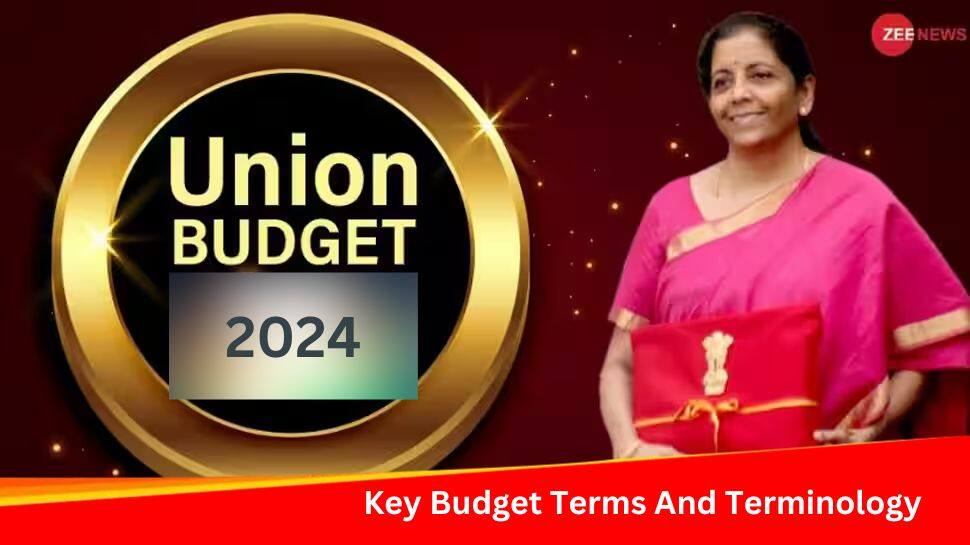
New Delhi: Union Finance Minister Nirmala Sitharaman will current the Interim Budget on February 1, 2024. As the date approaches, there’s curiosity amongst commoners about it. The annual monetary assertion consists of a number of phrases that aren’t so widespread within the public area or it’s troublesome for laymen to grasp.
Here we’re decoding such budget-related terminology in simple and easy language with their meanings.
Annual Financial Statement
As per Article 112 of the Indian Constitution, Budget is named the Annual Financial Statement or AF, briefly. It is the assertion of the federal government’s anticipated income and expenditure in a selected monetary 12 months.
Consolidated Fund
The authorities collects cash via taxes, loans, and different sources, and all of it goes into an enormous pot known as the Consolidated Fund of India. The authorities spends cash from this pot for varied issues, aside from particular instances the place it makes use of different funds. Before taking cash out of this pot, the federal government wants permission from the Parliament.
Direct Taxes
As you could remember with the time period Direct taxes. This is the tax immediately paid by the taxpayers within the type of revenue tax and company tax.
Indirect Taxes
Indirect taxes are GST, VAT, customs, and repair tax. They usually are not immediately collected from folks however not directly added to the costs of products and companies.
Fiscal Policy
Fiscal coverage is like the federal government’s plan to regulate how the nation is doing economically. It’s mainly an estimate of how a lot cash the federal government will get from taxes and the way a lot it plans to spend.
Finance Bill
A Finance Bill is a proposal by the federal government to recommend new taxes or adjustments to current taxes.
Fiscal Deficit
A fiscal deficit is when the federal government spends extra money than it earns, not counting the cash it borrows. It’s like a niche between what the federal government spends and what it will get.
Economic Survey
The Economic Survey is an enormous doc that talks about how nicely or not how nicely the financial system is doing within the present 12 months. They normally current it simply earlier than the federal government proclaims its finances in Parliament.
Budget Estimate
A finances Estimate is sort of a plan for the following 12 months, exhibiting how a lot cash the federal government thinks it can spend and earn. It represents the worth assigned to the federal government’s targets.
Capital Expenditure
The authorities makes use of some cash for constructing, shopping for, or taking good care of issues like machines. All that spending is named capital expenditure. It is also called Capex briefly.
Disinvestment
Selling current stuff is named disinvestment or divestment. Usually, it is executed to become profitable or lower losses from issues that are not doing nicely.
Revenue Deficit
When the federal government spends extra money than it will get from common sources, it is known as a income deficit. It means the federal government is overspending in comparison with what it is making frequently.
Monetary Policy
Monetary coverage is sort of a software the central financial institution makes use of to manage how a lot cash flows into the financial system and the banking system.
Inflation
Inflation is when the costs of issues go up. It’s like saying the shopping for energy for a set of issues turns into weaker since you want extra money to get them.
Source: zeenews.india.com



